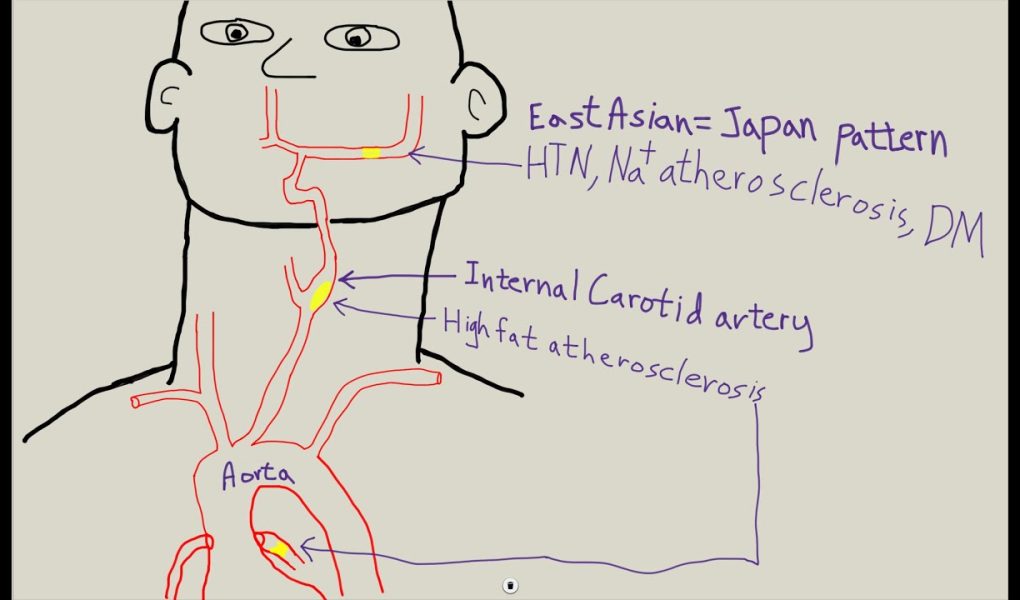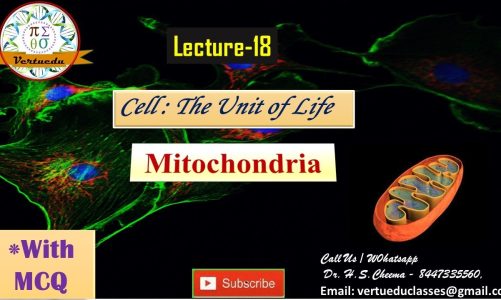A patient asked me if food made any difference in the treatment of congestive heart failure. Walter Kempner MD had multiple cases of chest x-ray improvement and EKG improvement in cardiac patients. Robert Ostfeld cardiologist has recently published two case reports of reversal of congestive heart failure with diet therapy. If the blood is thick, it’s harder for the heart to pump it. If the blood is normal, ie thin, it’s easier for the heart to pump it. So the question arises, What make the blood thicker? I’ve already made multiple lectures about the effect of diet on the blood including how dietary fat causes blood sludge & rouleaux formation. Any of the bridging molecules will make blood thicker. Thicker blood is called increased viscosity. LDL cholesterol and uric acid are bridging molecules. Fibrinogen is a bridging molecule. Calcium is a clotting factor. Excess dietary calcium appears to be a transient thickener of blood. Thick blood is harder to pump which means more work for the heart. There are other chemicals that inhibit mitochondrial function and thus weaken the ability of the heart to pump. Mitochondrial inhibitors include atrazine, sat fat, HNE, etc. Serca inhibitors can also limit cardiac pumping power.
source
What thickens the blood? Diet approach to CHF, congestive heart failure, atrial fibrillation, etc



